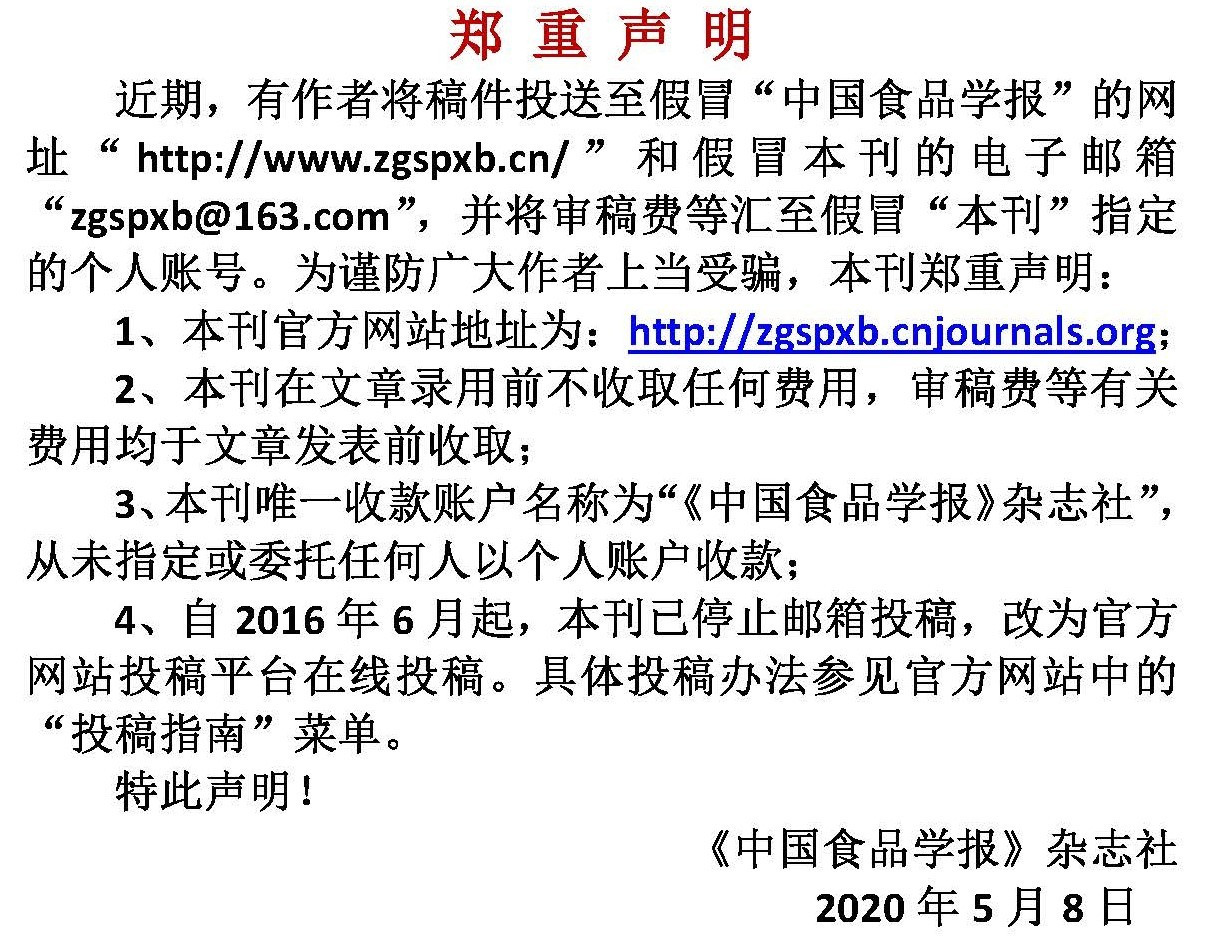人工智能辅助食品安全主动防控研究进展
作者:
作者单位:
(1.江南大学食品学院 江苏无锡 214122;2.江南大学人工智能与计算机学院 江苏无锡 214122)
作者简介:
通讯作者:
中图分类号:
基金项目:
国家重点研发计划项目(2023YFF1105102,2023YFF1105105);国家杰出青年科学基金项目(32125031)
Advances in Artificial Intelligence-Assisted Proactive Prevention and Control of Food Safety
Author:
Affiliation:
(1.School of Food Science and Technology, Jiangnan University, Wuxi 214122, Jiangsu;2.School of Artificial Intelligence and Computer Science, Jiangnan University, Wuxi 214122, Jiangsu)
Fund Project:
引用本文
盛利娜,纪剑,宋晓宁,吴小俊,孙秀兰.人工智能辅助食品安全主动防控研究进展[J].中国食品学报,2024,24(10):14-27
复制分享
文章指标
- 点击次数:
- 下载次数:
- HTML阅读次数:
历史
- 收稿日期:2024-10-29
- 最后修改日期:
- 录用日期:
- 在线发布日期: 2024-12-16
- 出版日期:
文章二维码

版权所有 :《中国食品学报》杂志社 京ICP备09084417号-4
地址 :北京市海淀区阜成路北三街8号9层 邮政编码 :100048
电话 :010-65223596 65265375 电子邮箱 :chinaspxb@vip.163.com
技术支持:北京勤云科技发展有限公司
地址 :北京市海淀区阜成路北三街8号9层 邮政编码 :100048
电话 :010-65223596 65265375 电子邮箱 :chinaspxb@vip.163.com
技术支持:北京勤云科技发展有限公司
